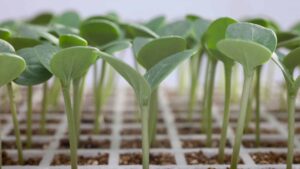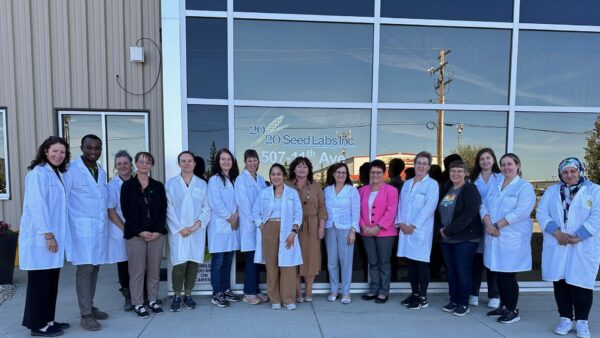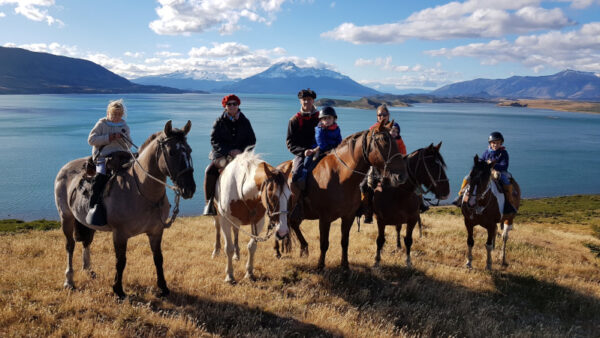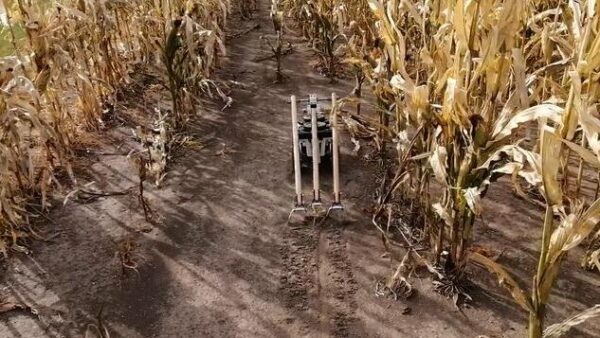Just What the Doctor Ordered
More harmonized phytosanitary regulations are poised to offer a prescription to trade woes.
For the past several years, the seed industry has been working to improve phytosanitary regulations through the International Plant Protection Convention. The IPPC is a Convention that has been signed by most governments and provides the framework for regulating the international trade of plants and plant materials, says Gerard Meijerink, senior government relations advocate for Syngenta in Brussels.
The Convention is a framework where countries agree to the overall aim of preventing the spread of plant pests, and more detailed guidance is provided in the International Standards for Phytosanitary Measures. Most ISPMs cover aspects of phytosanitary concepts, which have ‘horizontal’ validity for any type of plant or plant material. However, there has not been a seed-specific ISPM, which leaves a great deal open to interpretation. The new ISPMs will affect all seed companies that move seed around the world.
A seed-specific ISPM should improve the international movement of seed.
Seed companies are increasingly moving varying quantities of seed around the world for numerous reasons, such as breeding, seed production, laboratory testing and commercial production. “The seed industry with its international trade is very specific and also very complex in nature, due to the fact that seeds can be stored for a long time before being re-exported,” says Julie Aliaga, director of the international standards program at the United States’ Animal and Plant Health Inspection Service and steward of the newly proposed ISPMs. “This can cause problems in those cases where a phytosanitary declaration is needed based on recent evidence.”
Brent Larson, standards officer at the IPPC Secretariat, adds that the new ISPM should help harmonize phytosanitary regulations among countries. “After adoption of this ISPM, the national plant protection organizations will have guidance on how to redraft their national rules,” Larson says.
Since its first request for an ISPM on seeds, the seed industry has provided a number of papers that were specific in describing the issues of the seed industry and at the same time adding possible solutions. In July 2014, the first draft
of this ISPM was released for member consultation. All countries, through their national plant protection organization (NPPO), have the opportunity to give feedback on the draft and to express alternative proposals. This consultation lasts through November of this year.
Larson advises the seed industry to engage with the NPPOs. “Get involved in the process and help your NPPO draft your national comments,” he says. Additionally, the International Seed Federation, a relevant international organization for this ISPM, also has an opportunity to provide suggestions.
Marcel Bruins














